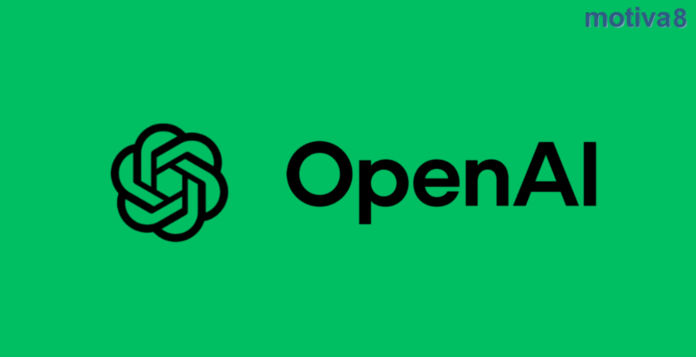In recent headlines, OpenAI’s reported negotiations to acquire AI-powered coding platform Windsurf for a staggering $3 billion have stirred curiosity across the tech landscape. But amidst the buzz, one pressing question arises: why did OpenAI not go forward with acquiring Anysphere, the developer behind the increasingly popular coding assistant, Cursor?
Interestingly, OpenAI wasn’t always eyeing Windsurf. The AI giant had previously held acquisition talks with Anysphere—not once, but twice. According to sources cited by CNBC, OpenAI first approached Anysphere in 2024, and again earlier this year. Unfortunately, those discussions fell through. Meanwhile, Anysphere has been attracting attention of its own, reportedly exploring a fresh funding round at a hefty $10 billion valuation, as per Bloomberg.
Anysphere, which operates under the name Cursor in many circles, has seen explosive growth. Cursor is estimated to be pulling in around $200 million in annual recurring revenue (ARR). In contrast, Windsurf is said to be generating about $40 million ARR, according to a February report from TechCrunch.
Despite Cursor’s stronger revenue performance, OpenAI appears eager to carve out a stronger presence in the code generation space—fast. This urgency is reflected in the company’s willingness to pursue other acquisitions rather than waiting for internal products to mature.
Just this week, OpenAI rolled out its Codex CLI agent, a tool that can write and refactor code using natural language prompts. While promising, this feature is still gaining ground with developers. The Windsurf acquisition, if it goes through, would allow OpenAI to instantly gain market share and compete more aggressively in the AI coding ecosystem.
Conclusion: A Strategic Push Into Developer Tools
OpenAI’s pursuit of Windsurf shows just how critical the code-assist market has become for AI companies looking to integrate deeply into developer workflows. And while Cursor might have slipped through OpenAI’s fingers, the move signals one thing clearly: the race to dominate AI-assisted programming is far from over.



